Descendants of forcibly converted Jews travel back in time and reveal hidden family roots
What is genealogy?
Genealogy is the study of families and the tracing of their lineages and history. Genealogists use oral traditions, historical records, genetic analysis, and other records to obtain information about a family and to demonstrate connections and kinship.
Today, the Internet and the many web-based genealogy tools that have become available are enabling people of all backgrounds and from all walks of life to embark on an exciting journey to discover their roots, connect with relatives and learn about their own family history.
How to get started?
Start your research by collecting family documents and stories. Begin with the present and work backward in time, trying to understand not just where and when people lived, but also their lifestyles, biographies, and motivations.
Tracing a family tree in practice involves looking at lists of names - this is how you will recognize your ancestors when you find them. The study of surnames is vital in researching your family history, so first determine the surnames of interest to you. Working with one family name at a time is the most efficient way to stay on track without being overwhelmed with facts which you will not be able to process. Always keep in mind that many individuals and families have changed their names or adopted an alias at some time in the past.
Sometimes two different names can appear to be the same one, being similar in sound, but different in origin. Only by tracing a particular family line will you discover which version of a surname is yours.
In many instances, you will need to assemble indirect or circumstantial evidence to build a case for identity and kinship. Try to use generalities from circumstantial evidence and social histories of the region in order to imagine the content of the daily lives of your ancestors and to explain their actions.
Tips for discovering your own family's story
Start by interviewing your oldest relatives who may have information. Most people do not offer information unless they are asked for it, so you might be amazed at what is revealed simply by asking the right questions of the right people. Very often people, particularly with an identity that includes secrecy, will only give frank answers to family and individuals they have come to trust.
Go back in time using death certificates, marriage certificates, and birth certificates when available. As you progress, you may find that you need to seek out other documents like immigration papers, military records or passenger lists.
More and more books, records and archives are being digitized for online access, but not everything is available via the internet, so you still might need to visit libraries and archives where you can where find relevant books, encyclopedias, indexes and records on microfilm or fiche. Try accessing the actual sources that have been linked to your own family names .
Make sure that all your findings and documents are properly organized so that you can properly analyze them when creating your family tree. You can create your family tree and store information manually using note books, index cards and files or by using computer software.
Tools to help you
As you find out more about your family history, you will be collecting great amounts of information. Software that is readily available can be a useful tool for organizing all this information. This will also be useful for viewing and printing your information in many different styles. Here are some available software packages that you can download free of charge:
MyHeritage
Legacy Family Tree
Gramps
On-line genealogy
Visit websites that maintain Jewish genealogical records.These sites include databases for retrieving Jewish vital records, immigration records, census records, obituaries, and more. Use these databases to search for your Jewish ancestors.
There are many genealogy societies on the internet where you can learn from more experienced researchers and where you can find more tips on how to get started, databases, research tools, software for building family trees, and other resources.
Whether amateur or professional, researching your family will ultimately be rewarding not only for you personally, but for other family members and generations to come
.

